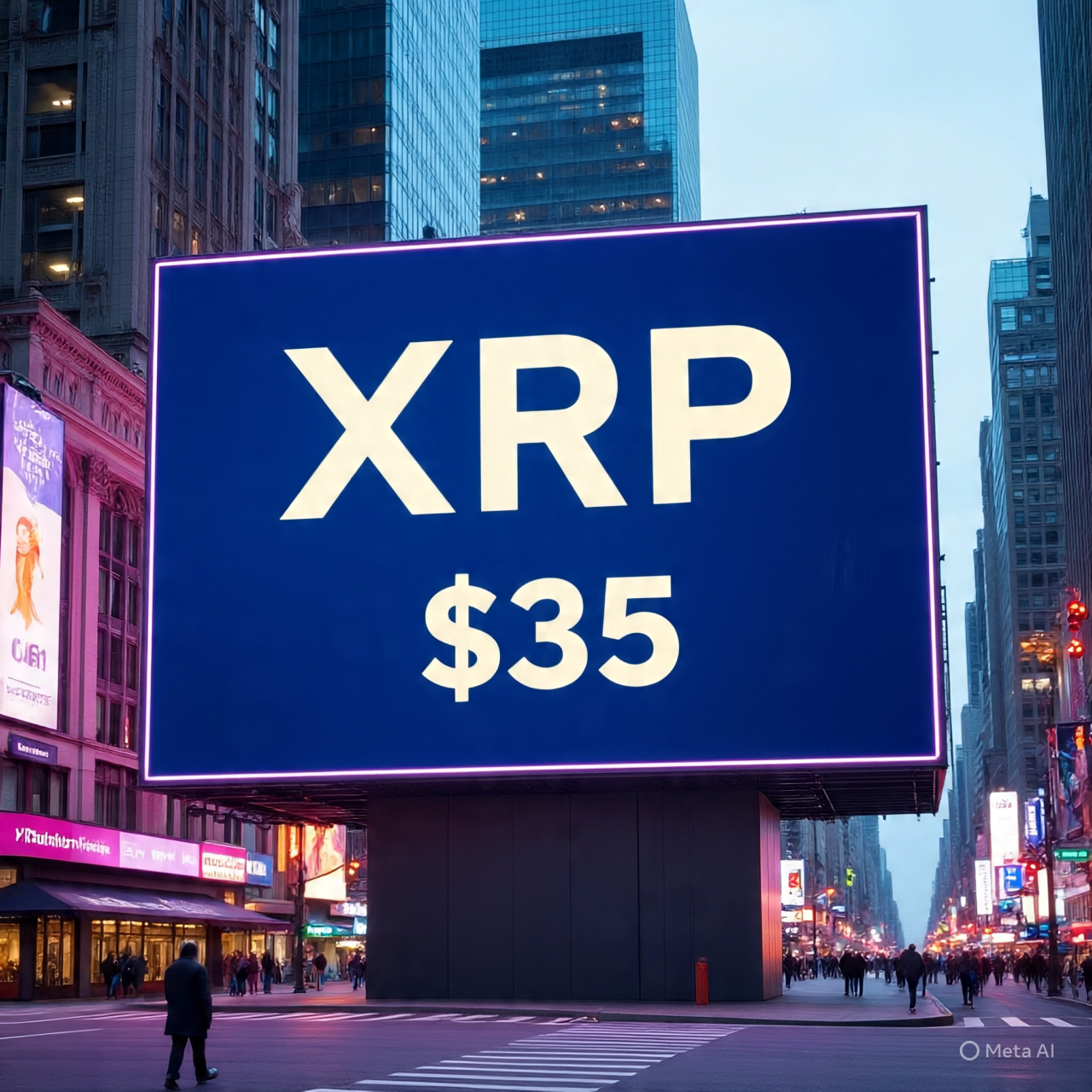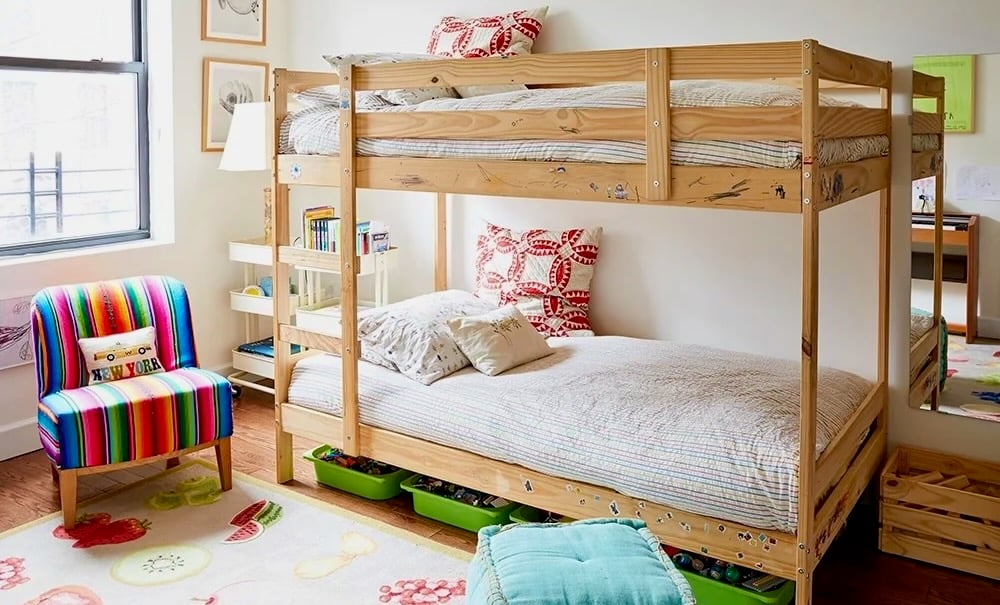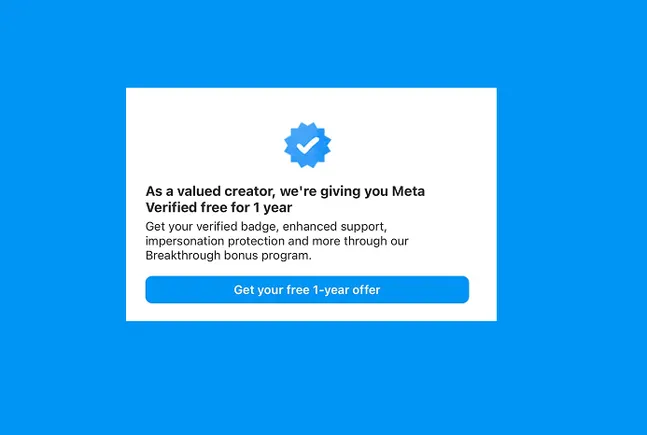GroupM boosts diverse media ad investment goal to 5% after clients hit initial target
New target goes beyond Black-owned media to include Hispanic, AAPI and LGBTQ+-owned and focused media.

GroupM is upping its commitment to diverse-owned and focused media to 5% of clients' budgets after hitting its initial 2% pledge made nearly two years ago to Black-owned media.
The new pledge will expand beyond Black-owned media to also include Hispanic, Asian and Pacific Islander and LGBTQ+-owned and -focused media.
“Of the 20 clients that initially were part of this, they exceeded the 2%” goal, said Gonzalo del Fa, president of GroupM multicultural. “When I look at all the others that came on board, we are probably” above 1%.
“Not all clients are in the stage of saying they want to be part of this,” del Fa said. “So when I look at [GroupM’s] overall numbers, we are a little shy of the 2%. But that’s among every single client that works with GroupM.”
Despite some fears that economic turmoil may pull advertiser budgets away from DEI investment, the industry seems to be sending the opposite message. In addition to GroupM’s upped pledge, similar buy-side enthusiasm was expressed at Magna’s Equity Upfront last month, while Omnicom Media Group noted that spend on diverse-owned and -focused media across its agencies grew 30% year over year in 2022. And the Association for National Advertisers’ Alliance for Inclusive and Multicultural Marketing challenged marketers to push national spend in diverse media to 4% by 2025 at its inaugural, so-called GrowthFront.
WPP's GroupM launched its Media Inclusion Initiative in May 2021 among a wave of similar programs and commitments from agencies and brands in response to the murder of George Floyd and subsequent racial equity movements. The initiative joined other efforts already in place at GroupM, such as the GroupM Multicultural Marketplace, which curates a collection of 300 diverse-owned publishers for clients, and the agency’s broader ethical buying framework.
GroupM’s expanded commitment includes a broader range of diverse ownership and expands to media focused on diverse audiences but not necessarily diverse-owned. That opens a broader array of inventory, but also aims to build on the momentum of the original program, del Fa said.
“We have the machine operating, so it’s not new to anybody,” he said. “Once you have the machine operating, it’s easier to expand. The heaviest part of talking about this internally was for people to understand why we’re doing this and why all of a sudden diverse-owned media was important.”
GroupM has received the backing of several top Black-owned media companies.
“For those of us who’ve been in this a long time, there has never been a financial commitment from a general market agency to say we’re going to set a target and reach it,” said Earl “Butch” Graves Jr. CEO of Black Enterprise. “My father used to say to me all the time, ‘If I end up with a general market agency, I get lost on my way to the client,’ because he knew that agencies never are fighting for diverse social media or Black-owned media specifically. So for me, for the first time, we have a partner in the general market agency world willing to walk the walk and address their clients and ask them to commit to this.”
One noticeable difference is that “general market agencies have not exactly been the bastion of diversity in terms of the employee base, in terms of people making the decisions,” Graves said. But he said GroupM, with Kirk McDonald as CEO of North America, is “an exception to the rule.”
Another key difference between GroupM and other big agencies is that multicultural units elsewhere “have recommendation sort of abilities, where we think GroupM actually empowered Gonzalo and his team to make decisions and commitments as to how investments should be made,” said Alfred C. Liggins, CEO of Urban One. “That’s a big difference.”
“Right now in 2023 I think every brand, every media agency has every excuse in the world to not make progress, every excuse in the world to go backwards,” said Detavio Samuels, CEO of Revolt. “And it is in this moment in time where GroupM and Gonzalo and team are saying, ‘No, we’re going to double down on this problem.”
Despite concerns that it would be hard to find inventory to substantially increase spending on diverse-owned media, del Fa said that the results so far prove that it’s possible. It might become even easier if Paramount sells a majority stake in BET, which it is considering, according to Bloomberg News. Interested parties include Allen Media Group and Tyler Perry, and either would make BET a substantial new Black-owned alternative, not just Black-focused.
Del Fa didn’t comment on that report, but Graves said it would be a positive development for BET. “Forget about whether you like Byron Allen or Tyler Perry,” he said. “It would be great if Black Entertainment Television could be owned by Black people.”
“I'm also not stupid,” said Samuels, who said Paramount would still benefit. “They’re selling a majority stake because they recognize the modern day gold rush that is Black media, and that they’re not able to get the same amount of money as a Black-targeted company as they could as a Black-owned company.”

 Konoly
Konoly 
































